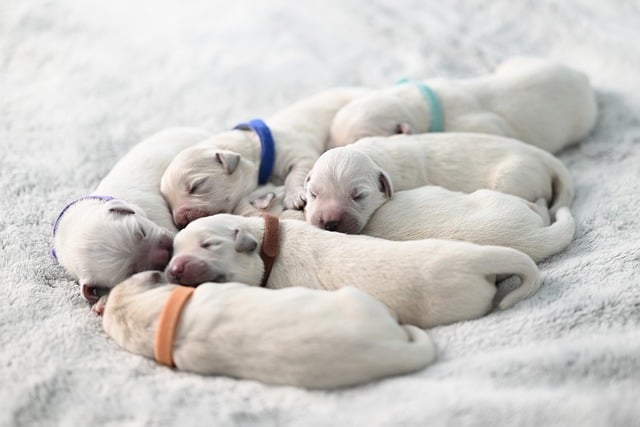
How do i train my dog to be obedient?
Watching your dog dart across the park ignoring your calls isn’t just frustrating—it can put them at risk near busy streets or public spaces.
You’ve done everything right: your pup was finally house-trained, you got them neutered as responsible owners do, and now you’re finding unexpected accidents in the house. It’s frustrating and confusing, but please know that a short period of dog potty training regression after neuter is surprisingly common and almost always temporary. The primary reason is medical, not behavioral. The anesthesia and pain medications used during the procedure can disrupt your dog’s normal digestive rhythms and bladder control for a few days. They are also physically sore, making it difficult to assume their usual potty position or hold it for as long. This discomfort, combined with the stress of the veterinary visit, creates a perfect storm for setbacks. Typically, this regression is short-lived, lasting anywhere from a few days up to a week or two as the medications fully leave their system and their body heals.
Your approach during this time should be one of gentle management and patience, not correction. Your first step is always to consult your veterinarian if accidents persist beyond a week, just to rule out any rare post-surgical complications like a urinary tract infection. This proactive healthcare is a cornerstone of responsible ownership. While managing this regression, it’s also a good time to ensure all your dog’s other legal requirements are in order, like their up-to-date rabies vaccination tag on their collar—a mandatory law across the U.S. When taking your sore dog out for frequent, leashed potty breaks, remember that your civic duty to clean up after them immediately with a bag remains unchanged, a finable offense in many cities if neglected.

This period requires a return to the basics of positive reinforcement. Crate confinement when you can’t actively supervise is incredibly helpful, as it leverages your dog’s natural instinct to keep their sleeping area clean. Take them out more frequently than usual—after naps, meals, and play sessions—and reward them lavishly with high-value treats and calm praise for successful eliminations outside. It is absolutely vital to avoid any form of punishment, scolding, or rubbing their nose in an accident. This isn’t just a cultural taboo; it’s counterproductive. Punishment will only increase your dog’s stress and anxiety, potentially creating a secretive habit of eliminating in hidden spots and severely damaging your bond during a time they need comfort.
For those in apartments, this temporary regression requires extra diligence. Accidents on shared hallway carpets can create odors and neighborly disputes. Be proactive: clean any indoor accidents thoroughly with an enzymatic cleaner to remove the scent entirely and prevent re-soiling. Use pee pads strategically by the door during this recovery phase as an extra layer of protection. Understanding that this is a brief hiccup in your long-term journey together allows you to respond with compassion. By combining veterinary awareness, gentle retraining, and a commitment to your community’s cleanliness standards, you’ll navigate this post-neuter phase smoothly and get your best friend back on track.

Watching your dog dart across the park ignoring your calls isn’t just frustrating—it can put them at risk near busy streets or public spaces.

New puppy owners often find themselves rushing to clean up accidents before they set in, and that’s where puppy pad training becomes a game-changer.

If you've noticed your dog's waistline disappearing and your veterinarian has mentioned those few extra pounds, your first instinct might be to simply reduce the amount of food in their bowl.

Training a dog to use a designated spot indoors isn’t as daunting as many new owners fear, but it does take consistency and an understanding of your pet’s needs.

That moment of dread on a walk is all too familiar for many new dog owners. You see another dog approaching down the sidewalk of your neighborhood

If the sight of another dog on your neighborhood walk makes your heart sink as your own dog erupts into a frenzy of barking and lunging, you're not alone.